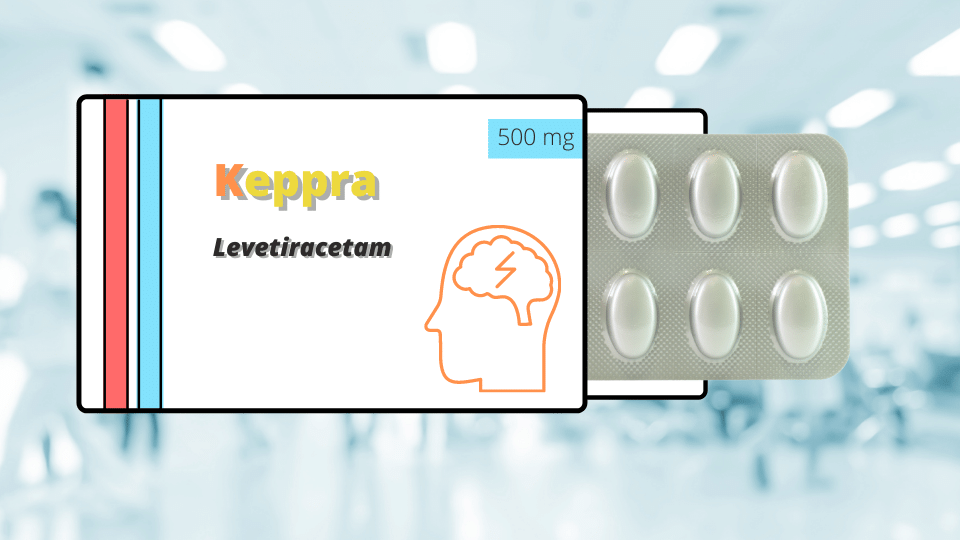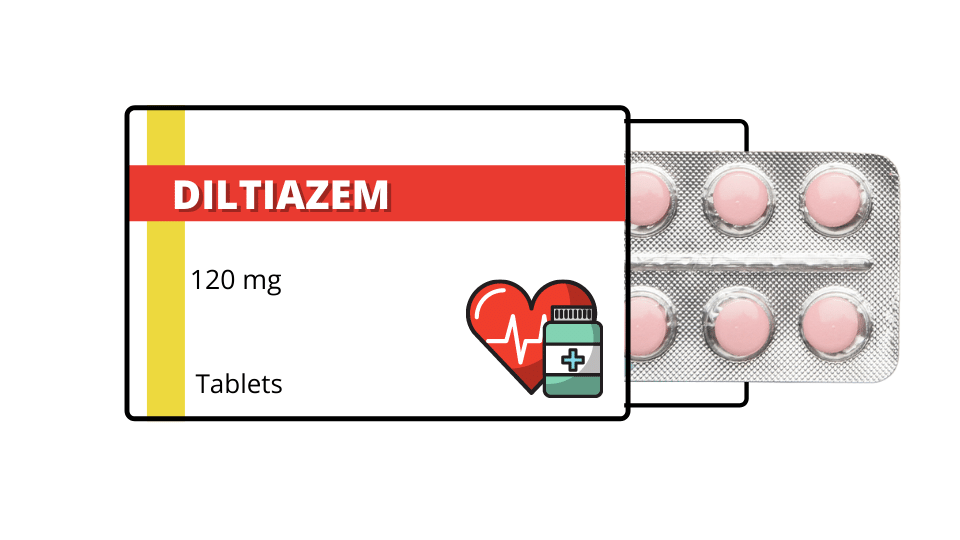Mebeverine hydrochloride is an antispasmodic drug, it is used to relief intestinal crumps and bloating such as those that are commonly associated with irritable bowel syndrome.
Mebeverine is available as the brand name Colofac IBS, it is also available as combined preparation with ispaghula husk and sold under the brand name Fybogel Mebeverine. Both of these drugs (mebeverine alone and in combined form) are used to control the symptoms of IBS (irritable bowel syndrome).
Mebeverine has a direct relaxing effect on the muscle, it acts by blocking the muscarinic receptors on smooth muscle cells of the intestine and reduces contraction of smooth muscle. In addition it prevents intracellular calcium accumulation by blocking voltage sodium ion channels and decreasing their permeability.
Mebeverine also act by preventing nerve signals transmission to the smooth muscles of the bowel (producing local anesthetic effect).
Mebeverine hydrochloride is used to control the symptoms of gastrointestinal disorders (including diarrhea and constipation) characterized by smooth muscle spasm. It also helps in the relaxing of intestinal muscles, which decreases discomfort and crumps associated with irritable bowel syndrome IBS.
Mebeverine is available as: tablets, capsules, oral liquid and granules.
Mebeverine dose not causes adverse reactions but it may rarely produces some side effects including:
Before taking mebeverine, it is necessary to consult your doctor if:
Safety in pregnancy and breast feeding women has not been established yet. It is better you discuss it with your doctor.
Mebeverine should not be used for children under 10 years.
1. British Medical Association (2015). British Medical Association new guide to medicine & drugs. London: Dorling Kindersley
2. PubChem [Internet]. Bethesda (MD): National Library of Medicine (US), National Center for Biotechnology Information; 2004-. PubChem Compound Summary for CID 17683, Mebeverine hydrochloride; [cited 2021 Aug. 6]. Available at:
https://pubchem.ncbi.nlm.nih.gov/compound/Mebeverine-hydrochloride
3. Annaházi A, Róka R, Rosztóczy A, Wittmann T. Role of antispasmodics in the treatment of irritable bowel syndrome. World J Gastroenterol. 2014 May 28;20(20):6031-43. doi: 10.3748/wjg.v20.i20.6031. PMID: 24876726; PMCID: PMC4033443.
https://pubmed.ncbi.nlm.nih.gov/24876726/
Keppra (Generic name: Levetiracetam) is a drug used for treating certain forms of epilepsy as it decreases the likelihood of seizures.

Diltiazem is a prescription medicine that’s used to treat high blood pressure, angina (chest pain) and several other conditions.

The urethra is a muscular canal that extends from the neck of the bladder to the exterior of body. Read more about the anatomy of urethra in this article.

Dosage guide of Lisinopril: Click to read about the dose for your specific condition and age group.

Learn about medical uses, safety profile, mechanisms and interactions of statins.

Comprehensive guide on Ozempic (semaglutide), including its uses, dosage, side effects, warnings, and interactions.
.png)